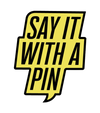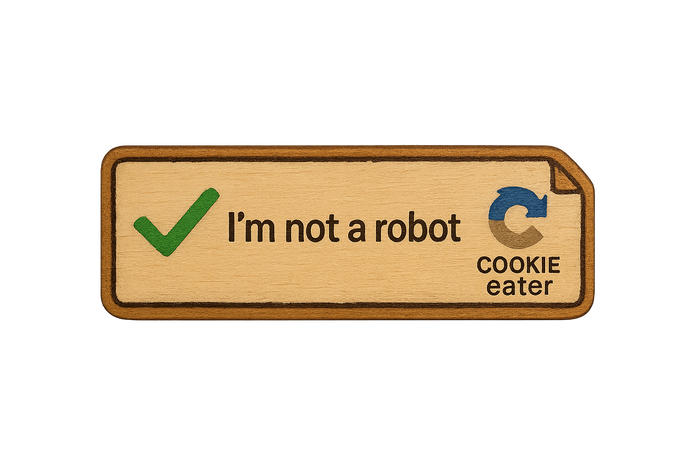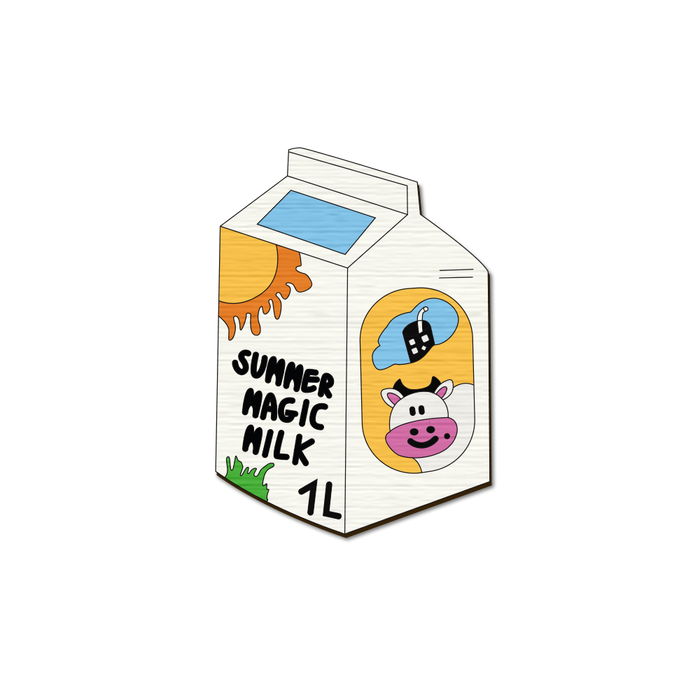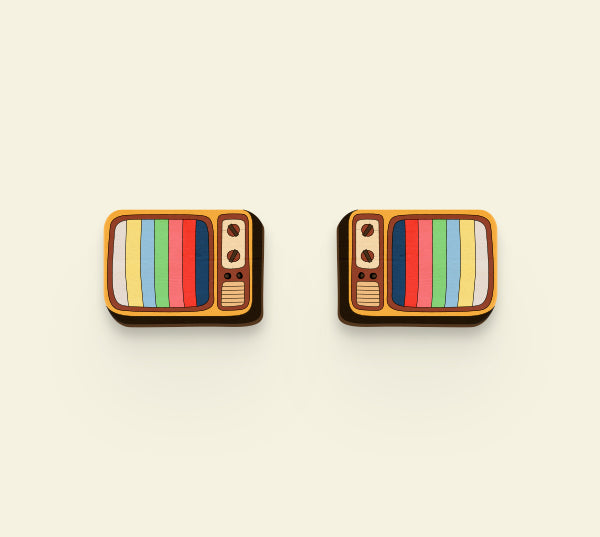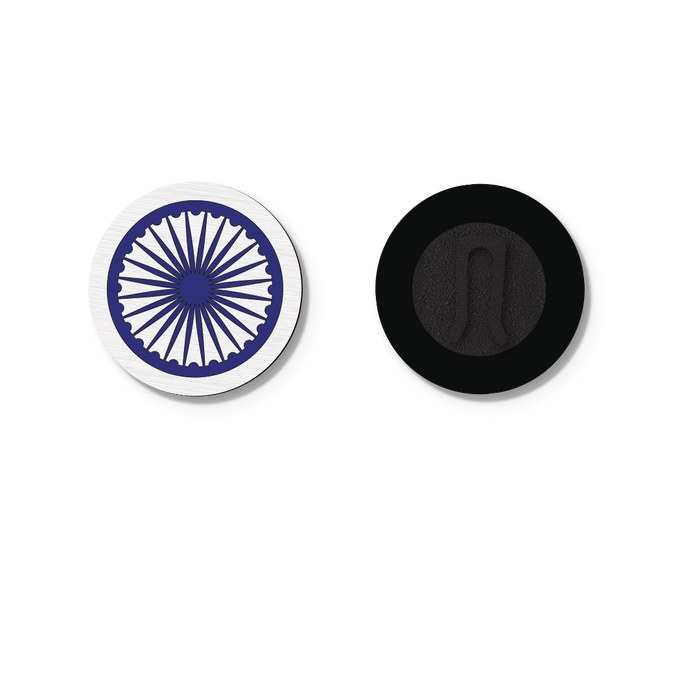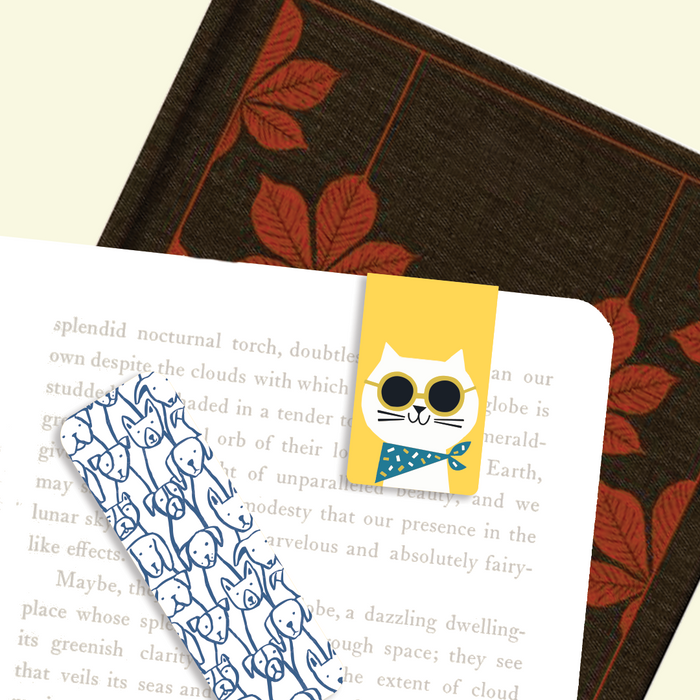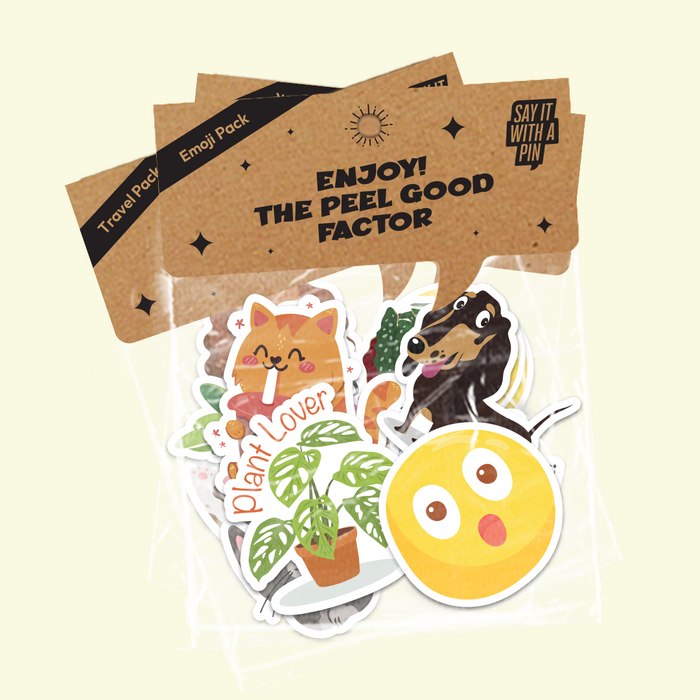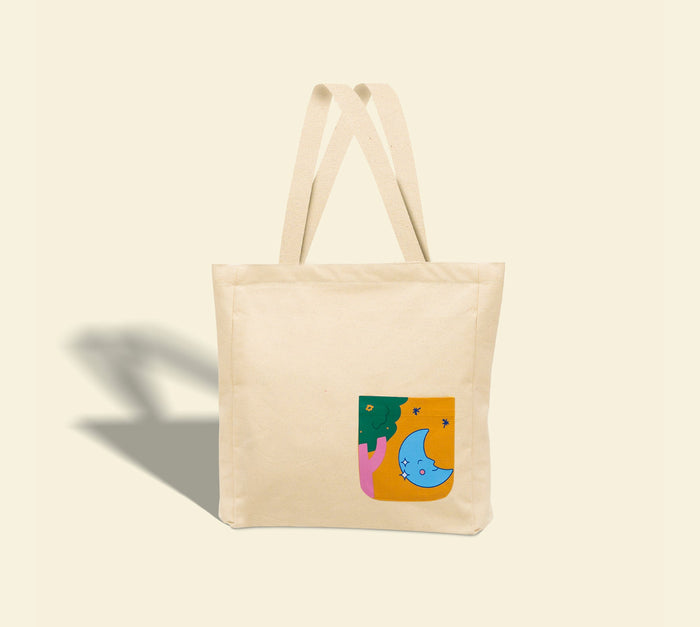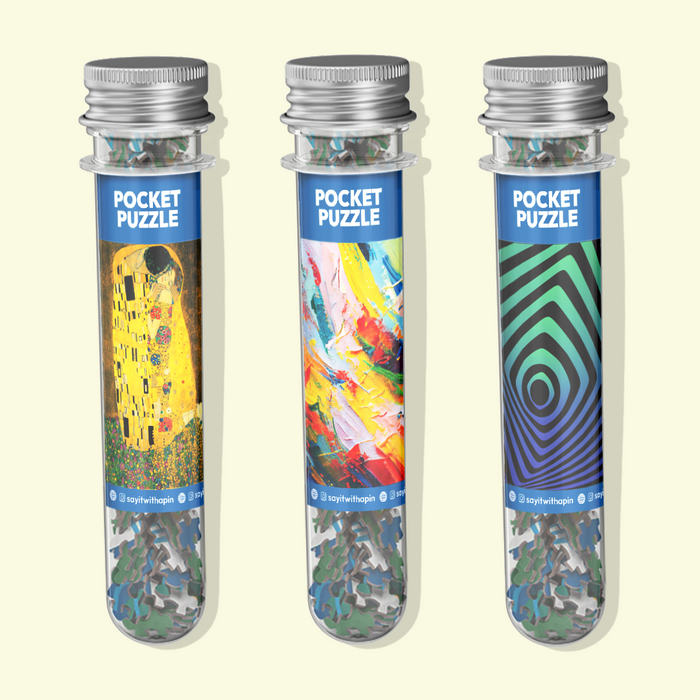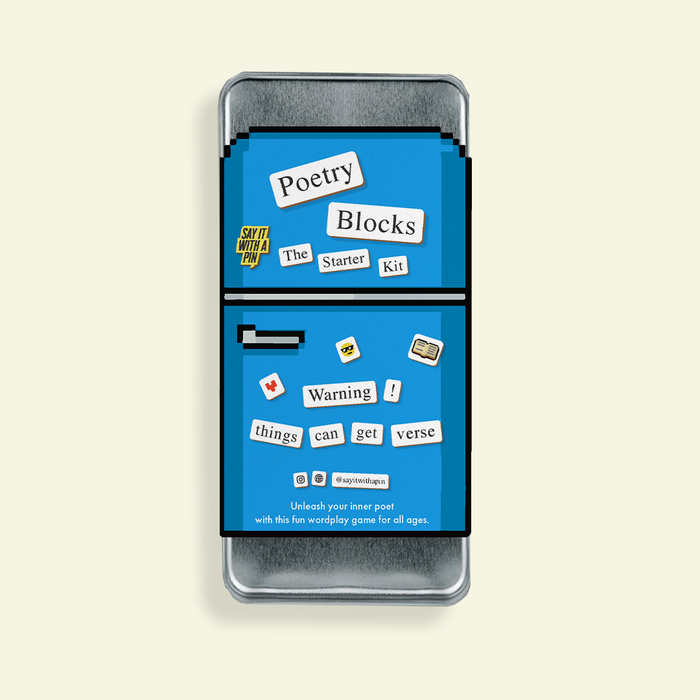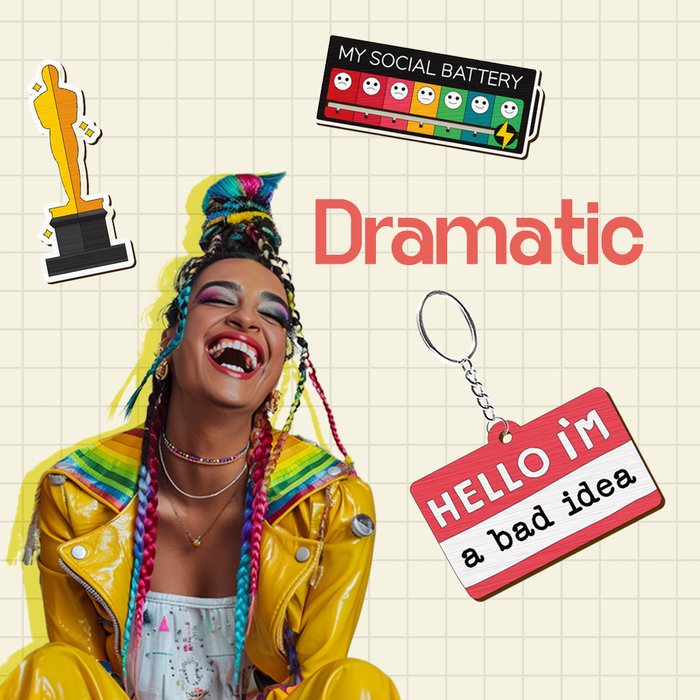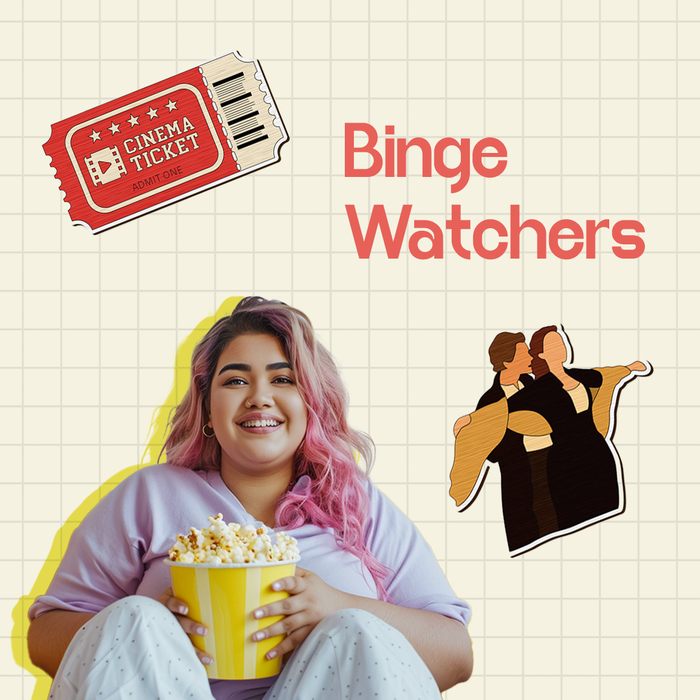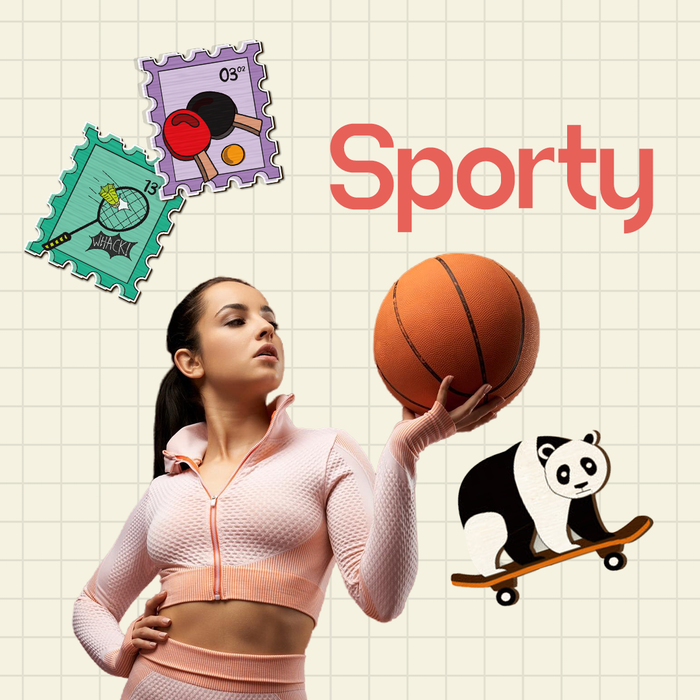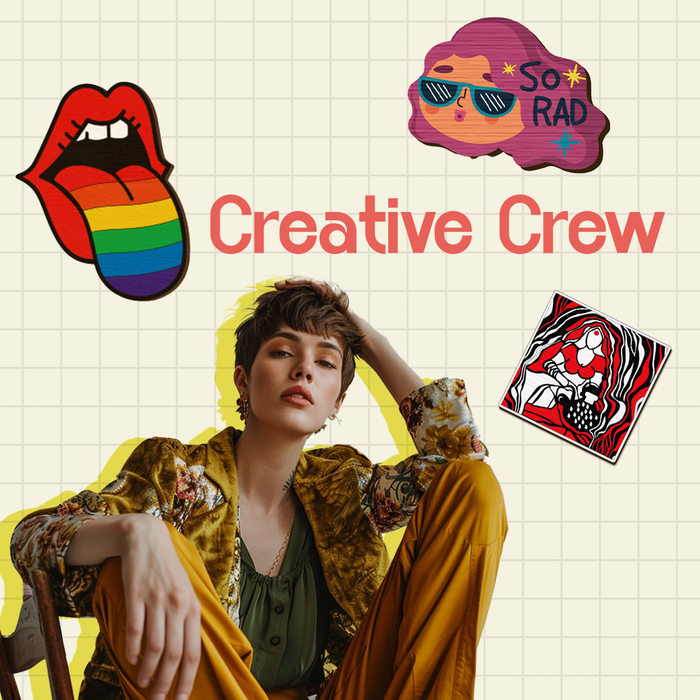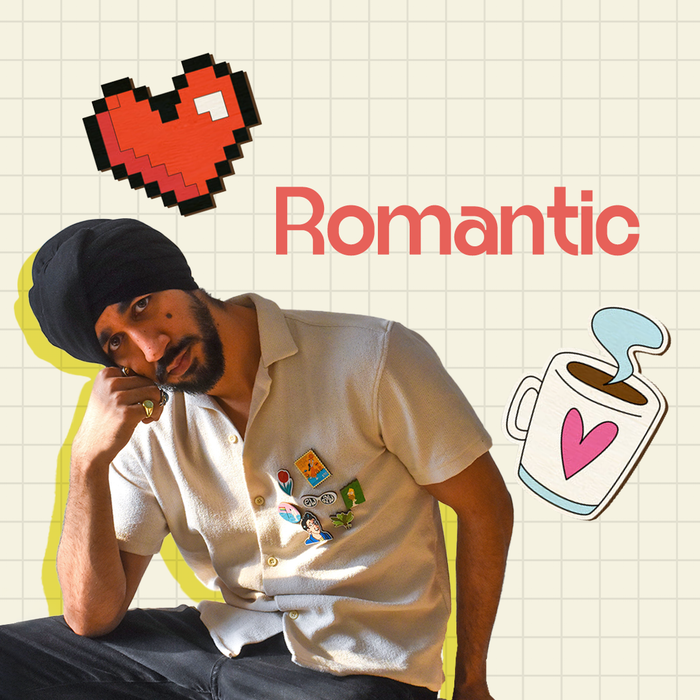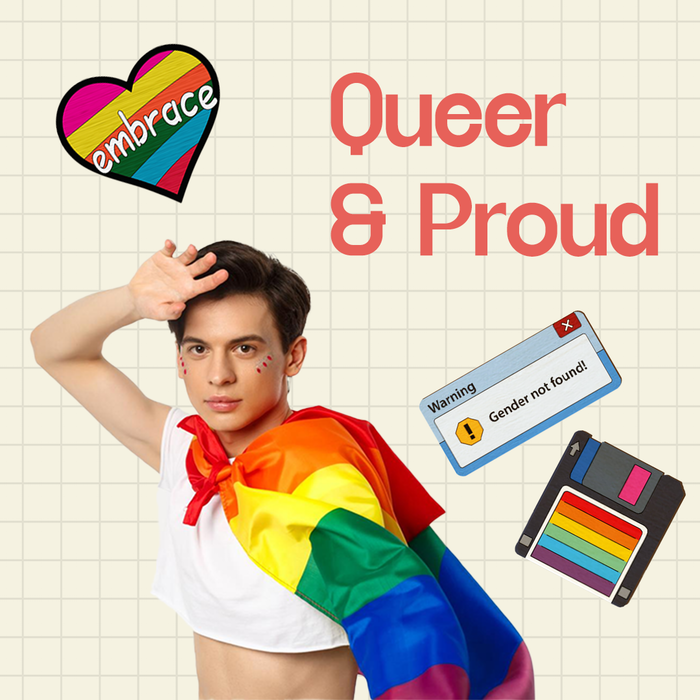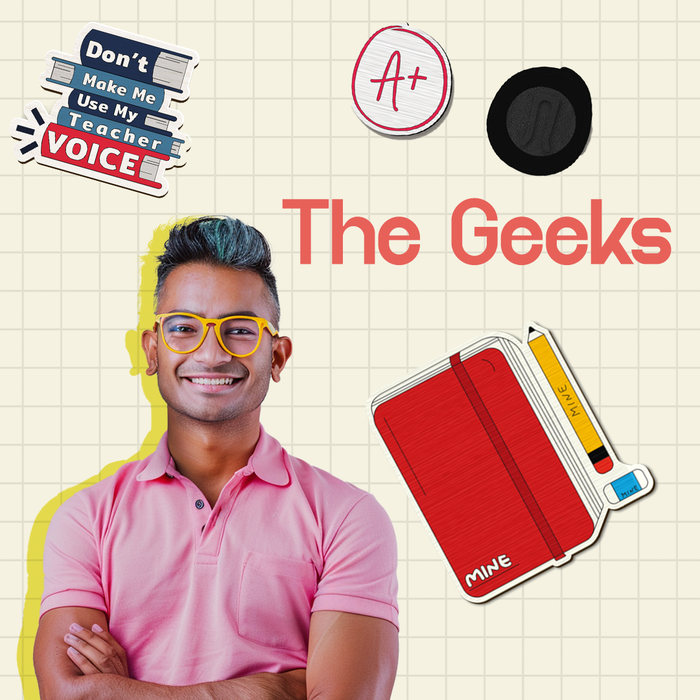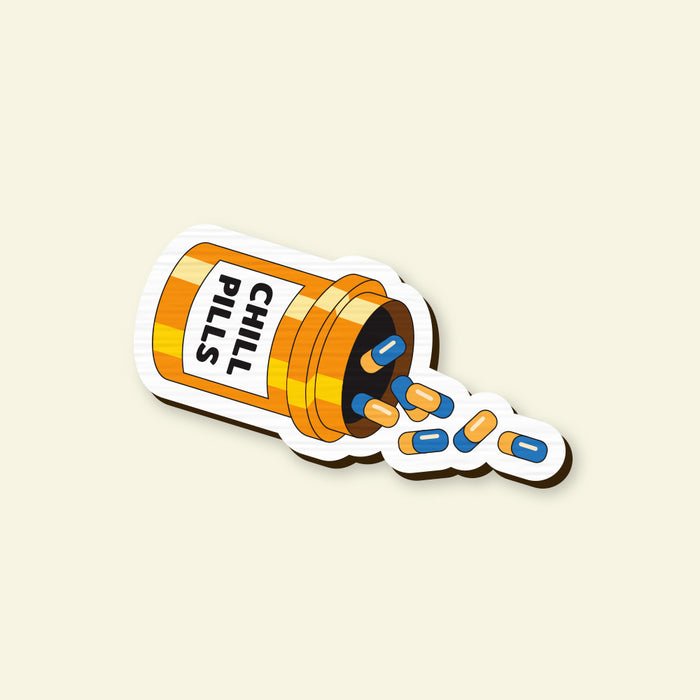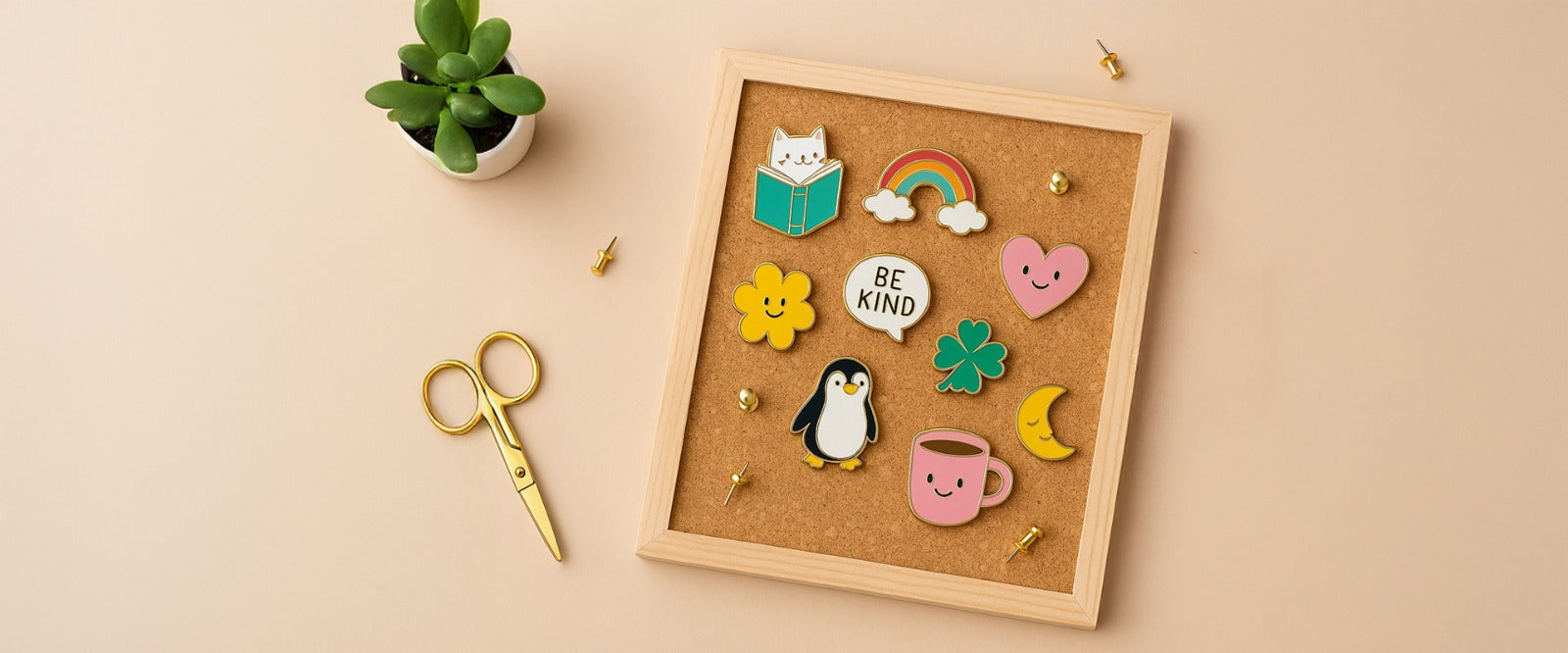

How Custom Merch Boosts Brand Awareness and Strengthens Business Loyalty
In today's competitive market, brand awareness holds significant value. It's the extent to which consumers recognize and recall a brand, connecting it with certain products or services. Increasing brand awareness enhances customer trust, preference, and ultimately influences purchase decisions, making it crucial for businesses of all sizes.
Custom merchandise refers to branded items like apparel, accessories, and everyday objects that display a company's logo, message, or design. These products act as tools for direct advertising, contributing significantly to brand visibility and engagement. They create tangible connections with consumers and reinforce the brand's identity.
- Impact of Custom Merchandise on Branding
- From Concept to Creation: Inside the Making of Bespoke Pins and Accessories
This article explores how custom merch boosts brand awareness and offers actionable strategies for businesses to employ.
Understanding How Custom Merch Boosts Brand Awareness
Visibility and Brand Exposure
Custom merchandise acts as "walking billboards." Items such as t-shirts, hats, and reusable water bottles provide continuous exposure as they are worn or used in public, offering ongoing passive advertising without additional costs. This reinforces brand presence in everyday life.
- Benefits of Custom Apparel (edited)
Psychological Impact on Consumers
Tangible merchandise creates emotional connections. Physical items give consumers concrete associations with a brand. Branded apparel fosters a sense of belonging and community, while free or exclusive merchandise elicits feelings of appreciation and loyalty, encouraging repeated engagement.
- Psychological Benefits of Merchandise
- Emotional Connection Through Merchandise
- Why Pins Matter: The Tiny Artform That Speaks Volumes
Case Studies of Successful Brands Using Custom Merchandise
Coca-Cola's "Share a Coke" Campaign
This innovative campaign replaced logos with common first names on Coke cans and bottles, creating personal connections and encouraging social sharing.
Supreme's Limited-Edition Drops
By releasing limited product quantities, Supreme cultivated exclusivity, generating demand and turning their products into status symbols.
Afro Unicorn's Niche Designs and Partnerships
Combining niche-specific designs with smart partnerships enabled rapid scaling, enhancing visibility and customer loyalty.
Best Branding Strategies Using Promotional Products
Selecting Effective Promotional Products
The selection of the right products is critical. Focus on:
- Functional Items: Useful items in daily life like tote bags or water bottles.
- Audience Alignment: Products that match the target audience's lifestyle and preferences.
- Durability: Long-lasting items ensure prolonged brand exposure.
- Choosing the Right Merchandise
- Beyond Swag: How to Create Corporate Gifts That People Actually Want
Aligning Promotional Items with Brand Identity
Merchandise should reflect a brand's core values and aesthetic. For instance:
- Luxury Brands: Opt for high-end accessories.
- Eco-Friendly Companies: Choose sustainable materials like organic cotton.
- Youth-Oriented Brands: Use trendy designs and vibrant colors.
- Aligning Merchandise with Brand Identity
Strategies for Distributing Merchandise to Maximize Reach and Impact
- Event Giveaways: Use trade shows and community events to distribute products and increase exposure.
- Social Media Promotions: Conduct online contests or giveaways to win branded merchandise, encouraging user-generated content.
- Loyalty Programs: Implement programs where customers earn points redeemable for merchandise. Offer exclusive items to top-tier members.
- Enhancing Customer Retention
Creative Marketing Swag Ideas
Innovative and Unique Swag Ideas That Stand Out
- Tech Accessories: Items like phone chargers and smart gadget accessories appeal to tech enthusiasts.
- Eco-Friendly Products: Choose sustainable options like bamboo utensils to attract environmentally responsible consumers.
- Pop Culture Tie-Ins: Use memes or catchphrases to engage younger audiences.
Examples of Successful Creative Swag
Tim Hortons x Justin Bieber Collaboration ("Timbiebs")
Limited-edition merchandise increased brand engagement and media attention.
Adidas x Arizona Iced Tea Sneakers
This collaboration merged sneaker culture with beverage branding, leading to high demand.
Tailoring Swag to Different Target Audiences
- Urban Millennials: Offer streetwear-inspired apparel and minimalist designs.
- Eco-Conscious Consumers: Provide items made from recycled materials with minimal packaging.
- Corporate Professionals: Opt for high-quality notebooks or tech accessories suitable for office use.
How to Use Merchandise for Brand Loyalty
Methods for Using Merchandise to Enhance Customer Retention
Reward customer loyalty with branded items:
- Free Branded Gifts after certain purchases.
- Personalized Thank-You Gifts for loyal customers.
- Customer Retention Strategies
Creating Exclusive or Limited-Edition Items for Loyal Customers
- Exclusive Merchandise Drops: Offer limited products to loyal customers to build exclusivity.
- Limited-Edition Strategies
- Exclusive Product Releases
Integrating Merchandise into Loyalty Programs
- Points-Based Systems: Customers earn points for purchases, redeemable for merchandise.
- Tiered Membership Levels: Different perks and exclusive items for various membership levels.
- Loyalty Program Integration
- Merchandise in Loyalty Programs
Unique Ways to Use Branded Accessories
Unconventional Applications of Branded Accessories in Marketing
- Branded Vehicle Wraps and Decals: Transform vehicles into mobile billboards.
- Office and Workspace Items: Enhance brand culture with branded office supplies.
- Fitness and Lifestyle Products: Use products like branded yoga mats to reach health-conscious consumers.
Case Studies of Brands Leveraging Accessories
Gucci x The North Face Collaboration
Combined fashion and outdoor gear for unique appeal.
Issey Miyake x Dyson Partnership
Merged fashion and technology to showcase cross-industry appeal.
Tips for Designing Branded Accessories That Resonate
- Embrace Vibrant and Memorable Designs: Use bold colors and eye-catching graphics.
- Incorporate Trends and Personalization: Follow current design trends or offer customization options.
Conclusion
Custom merchandise is a powerful tool for building brand awareness and fostering customer loyalty. Tangible branding through custom merchandise amplifies visibility, creates emotional connections, and differentiates businesses in a crowded marketplace. By implementing strategies like exclusive product drops, creative design initiatives, and merchandise integration into loyalty programs, businesses can fully leverage the potential of promotional products.
Begin your journey with custom merchandise by aligning your product designs with your brand identity and engaging your target audience with innovative, functional swag.
FAQ
Q: How does custom merchandise enhance brand visibility?
A: Custom merchandise acts as "walking billboards," providing continuous exposure as consumers use or wear branded items in public. This passive advertising reinforces brand presence without additional costs.
Q: What types of promotional products are most effective?
A: Functional items that align with your target audience's lifestyle are most effective. Products should be useful, durable, and reflect your brand identity.
Q: How can I integrate merchandise into my loyalty program?
A: Implement a points-based system where customers earn points redeemable for merchandise. Offer exclusive items for top-tier members to enhance engagement and retention.
Q: What are some creative swag ideas to make my brand stand out?
A: Consider innovative items like tech accessories, eco-friendly products, or merchandise with pop culture references. Tailor your swag to your audience's interests and current trends.
Q: Why is aligning merchandise with brand identity important?
A: Consistency between your merchandise and brand identity reinforces brand recognition and credibility. It ensures that promotional products resonate with your target audience and convey your brand's values.
